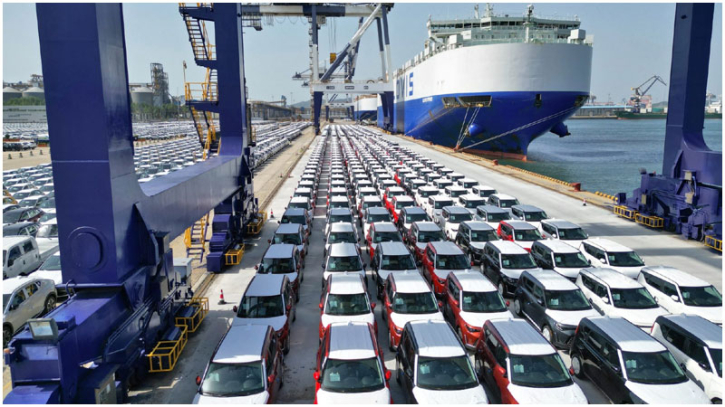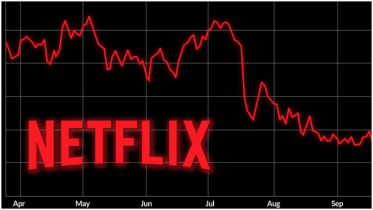Japanese auto exports to US plunge amid escalating tariff pressures

Japanese vehicle exports to the United States plummeted more than 25% in June, according to official data released Thursday, as concerns mount over Tokyo’s inability to secure exemptions from U.S. trade tariffs.
Japan’s auto industry — a vital pillar of its economy employing roughly 8% of the workforce — has been hit hard by a 25% U.S. tariff on vehicle imports, part of a broader wave of trade measures introduced under President Donald Trump’s administration. Major automakers such as Toyota, Honda, and Nissan are all feeling the strain.
Despite multiple rounds of negotiations, Japan has yet to reach an agreement with Washington to avoid the full brunt of the tariffs, which are scheduled to take effect on August 1.
Finance ministry figures show that Japanese exports to the U.S. fell 11.4% year-on-year in June to 1.7 trillion yen ($11 billion), with auto exports plunging 26.7%. Exports of pharmaceuticals and auto parts also contributed to the overall drop.
Japan still posted a trade surplus for the April-June quarter, with exports exceeding imports by 153.1 billion yen (about $1 billion). However, the trade surplus with the U.S. narrowed sharply, down 22.9% in June from a year earlier — the second consecutive month of decline — even as Japanese imports from the U.S. dipped 2%.
Though Japan is one of America’s closest allies and largest investors, it has not been spared from U.S. trade actions. In addition to a baseline 10% tariff affecting most countries, Japan faces higher duties on cars, steel, and aluminum.
In April, Trump introduced a 24% "reciprocal" tariff targeting Japan, which he later paused. However, earlier this month, Washington revised the rate to 25% and confirmed the new tariffs would be enforced from August 1.
Meanwhile, reports suggest U.S. Treasury Secretary Scott Bessent will visit Japan this weekend for the World Expo in Osaka and is expected to hold talks with Prime Minister Shigeru Ishiba in Tokyo, possibly offering a last-minute opportunity to ease trade tensions.
.png)




